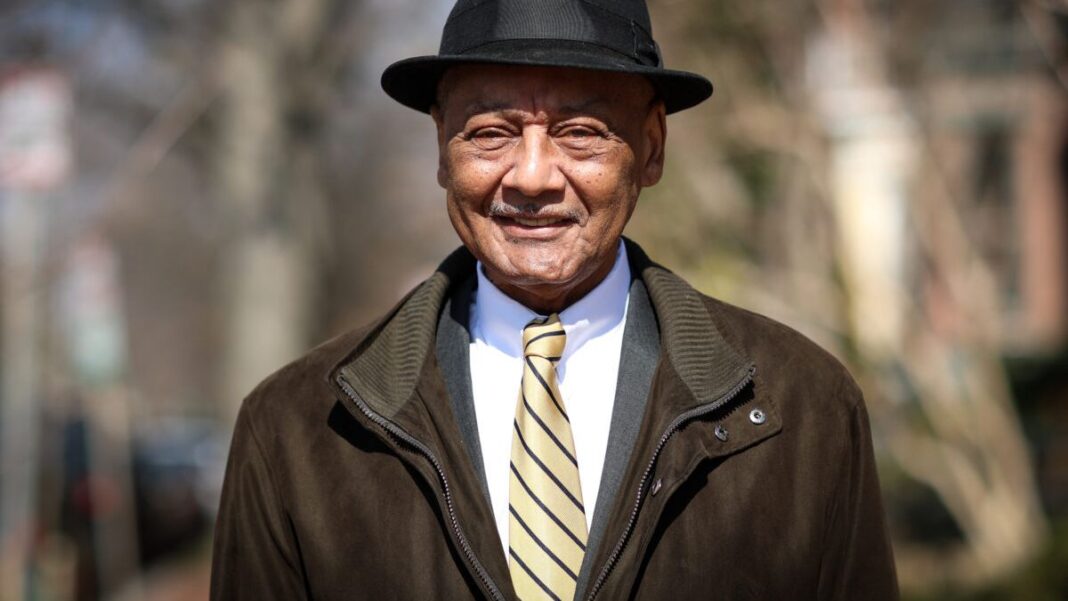A federal judge delivered a blow to the Biden administration’s gun control policy by reversing a federal ban on so-called “ghost guns” and argued that the ATF overstepped its authority.
Texas-based United States District Court Judge Reed O’Connor on Friday ruled that the Bureau of Alcohol, Tobacco, Firearms, and Explosives (ATF) erred by saying that unfinished gun parts are guns and can, therefore, be regulated. His ruling said that parts aren’t guns under federal law.
“This case presents the question of whether the federal government may lawfully regulate partially manufactured firearm components, related firearm products, and other tools and materials in keeping with the Gun Control Act of 1968,” wrote O’Connor in his order (pdf). “Because the court concludes that the government cannot regulate those items without violating federal law, the court holds that the government’s recently enacted final rule … is unlawful agency action taken in excess of the ATF’s statutory jurisdiction. On this basis, the court vacates the final rule.”
His order also stated that the ATF is trying to regulate a gun component as a “frame or receiver,” even after the agency determined “the component in question is not a frame or receiver.” Elaborating, he wrote: “It may not. Logic dictates that a part cannot be both not yet a receiver and receiver at the same time. Defendants’ reliance on that logical contradiction is fatal to their argument.”
Pro-firearms groups and websites cheered the ruling, saying that it was an attempt to claw back what they described as attempts by the Biden administration to grab guns via federal rulemaking. The case was brought by the Firearms Policy Coalition, a pro-Second Amendment group.
“We’re thrilled to see the Court agree that ATF’s Frame or Receiver Rule exceeds the agency’s congressionally limited authority,” Cody J. Wisniewski, of the Firearms Policy Coalition, said in a statement. “With this decision, the Court has properly struck down ATF’s Rule and ensured that it cannot enforce that which it never had the authority to publish in the first place.”







